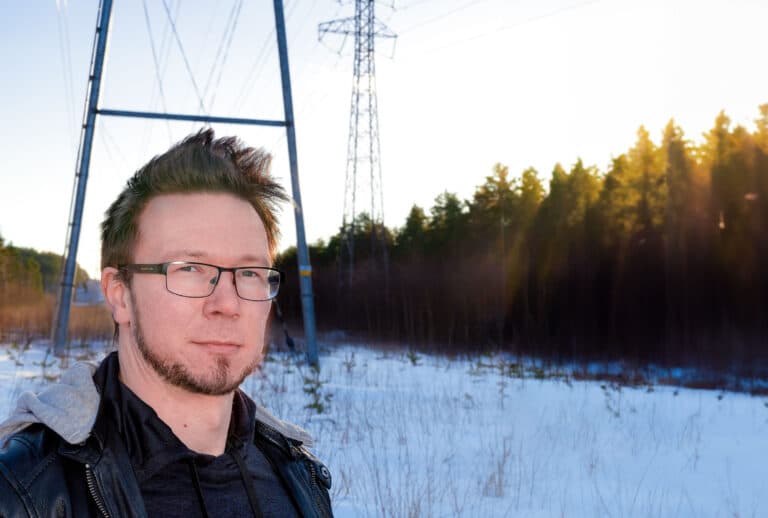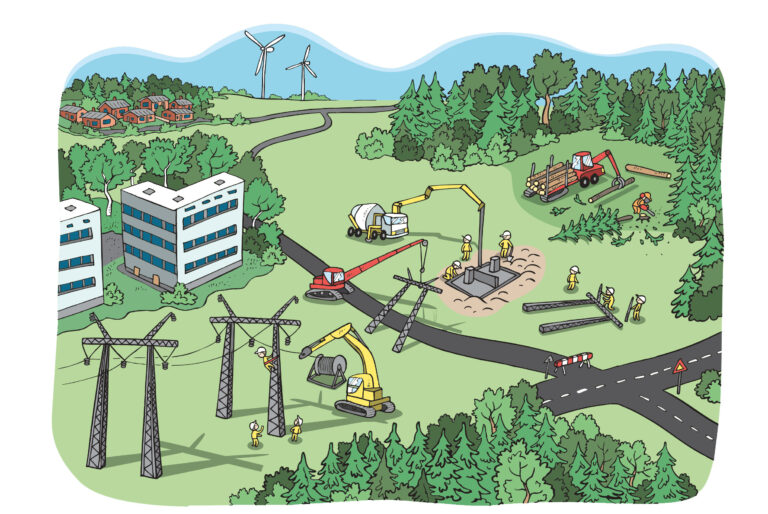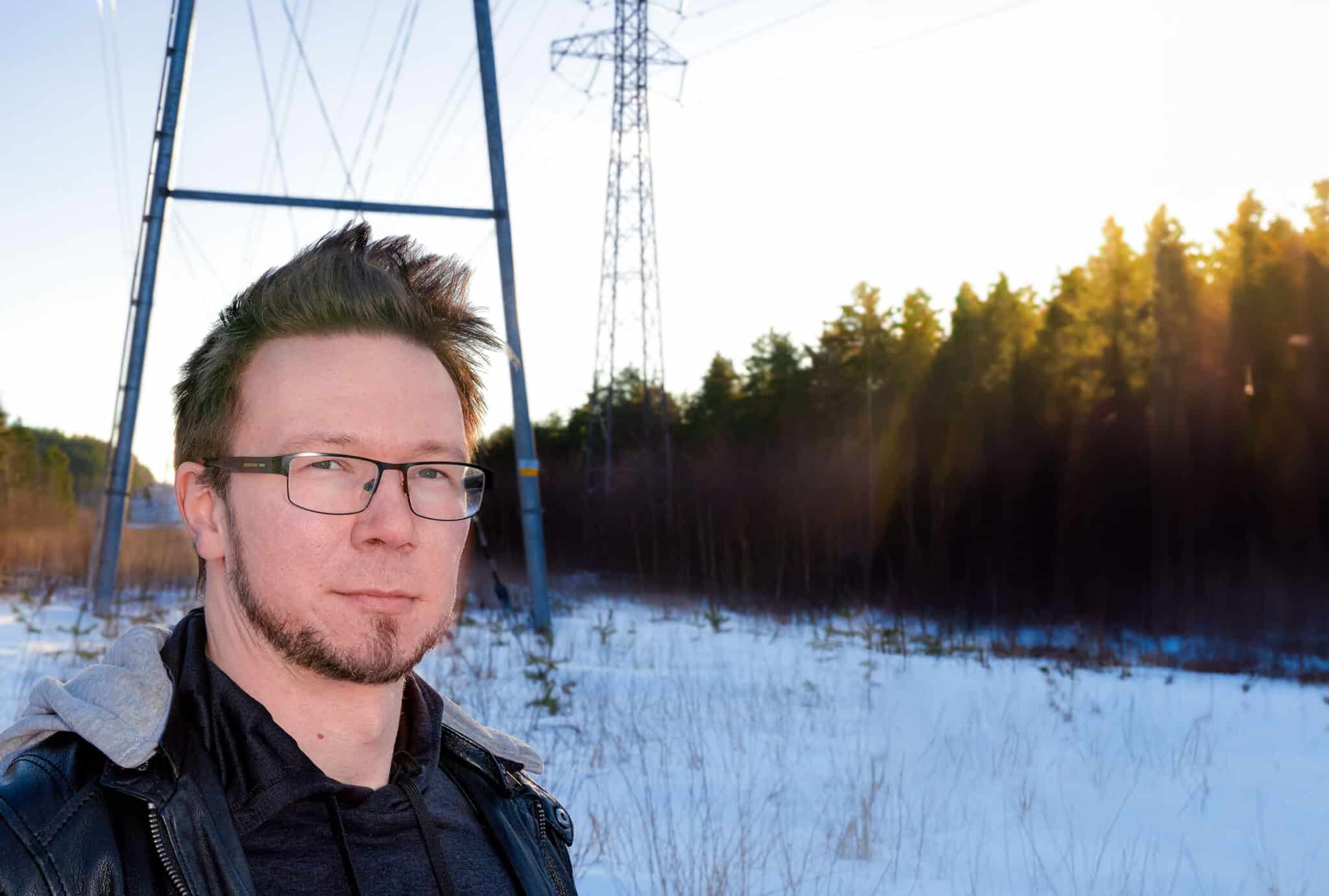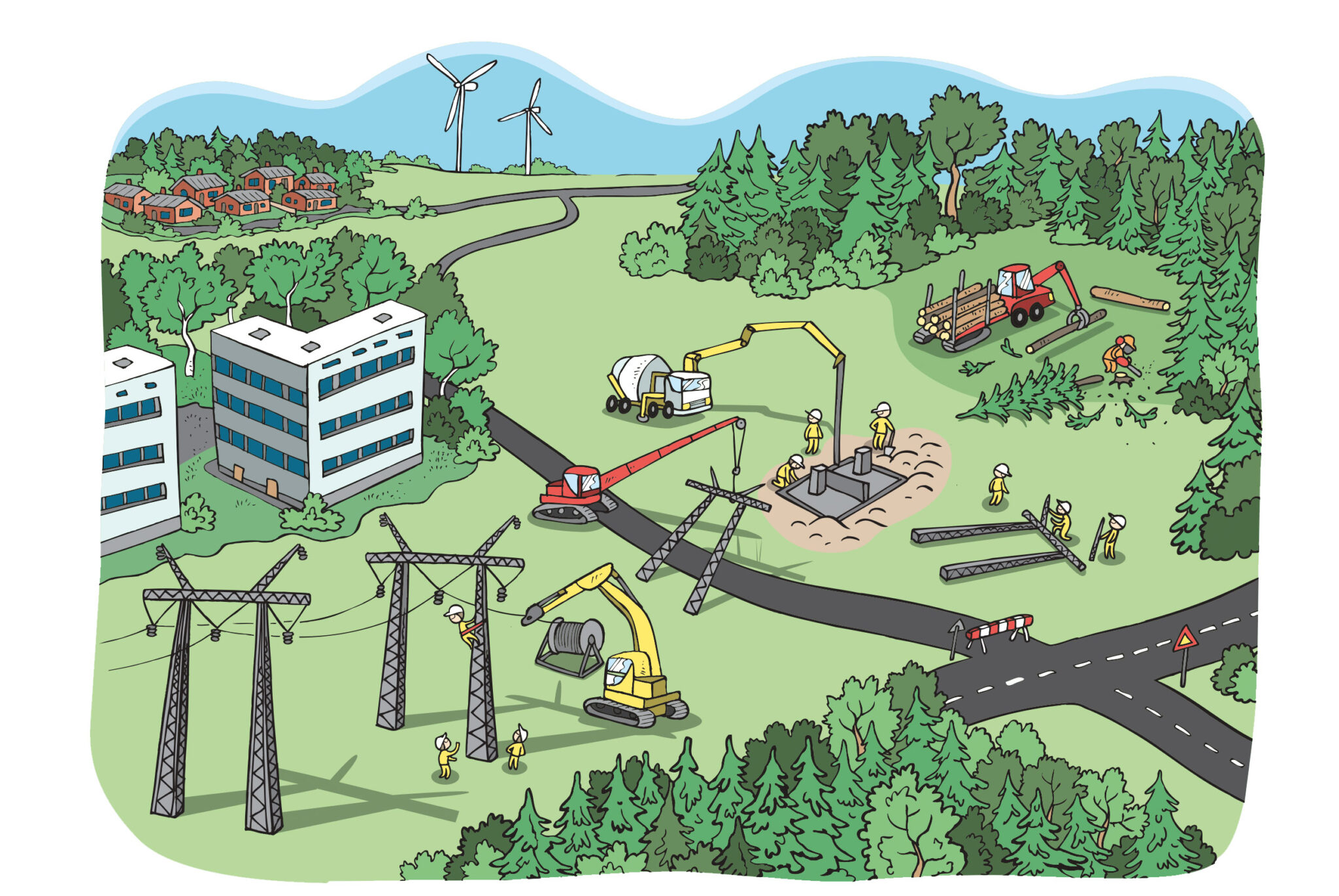In mid-March, everything should have been going fine on the Nordic electricity market. The winter had been cold, but the markets had reacted well. Fingrid had just been informed that the availability of high-voltage direct current transmission links had been world-class. The newly updated network vision had me thinking about new challenges; Finland is gradually becoming self-sufficient in electrical energy. With our growing wind power capacity and the third unit at Olkiluoto, we will begin exporting electricity to Central Sweden in increasing volumes alongside our imports from Sweden.
It is a Monday morning, and a call comes in from the main grid control centre. Over the weekend, the Swedish transmission system operator Svenska kraftnät (Svk) began limiting the transmission of electricity from Finland to Central Sweden. In fact, imports have been halted entirely. I recalled a moment last summer when Svk was forced to limit the transmission of electricity from Norway, leading to confusion in the electricity markets – surely history will not repeat itself on the border between Finland and Sweden…?

Customers start contacting us, and they sound concerned. They consider such a limitation a violation of joint European principles – can we trust in the joint European regulations? Customers highlight the importance of a predictable environment and want to understand why the Fenno-Skan connection has been limited. What happened to the transparency and predictability of transmission system operators? Trust in the markets and predictability are paramount to market parties in order for investments in a climate-neutral energy system to be realised. Market parties expect to be able to rely on the regional infrastructure. What is Fingrid going to do?
The need for restrictions over the Fenno-Skan connection also seems to have taken the Swedish transmission system operator by surprise. The energy revolution seems to have proceeded more swiftly than expected, and it was not possible to forecast the overall impact of every aspect. Gradually, the situation becomes clearer. There seem to be several different challenges, and no individual measure can resolve the situation.
Something happened that should not have happened. On the other hand, we need to look forward. It does not help if we only get upset with our neighbours. We cannot resolve real challenges by getting upset. The key is to identify and acknowledge the impacts of the situation. Everything that can be done should be done in order to resolve problems. It is in Finland’s interest to help Svk resolve its problems. Compliance with the legislation is to be assessed by those tasked with supervising competence.
Market parties and society expect better service and infrastructure they can rely on. A cultural shift is required to assure the openness of transmission system operators and the predictability of their actions. The traditional means of calculating transmission capacity and planning for outages are no longer enough. The Nordic Regional Coordination Center which will be established will improve the situation and increase predictability. Each transmission system operator ultimately bears the responsibility for meeting the expectations of the markets and society as a whole.
Svk will not be able to conjure up a new east–west transmission link before the turn of the decade. I believe smaller investments that can be implemented more quickly will be able to restore the transmission capacity. Network overloads occur rarely, but they could be eliminated by countertrading so that the transmission system operators would not always need to limit the transmission capacity in exceptional situations. In addition, exploiting the rapid power regulation features of high-voltage direct current transmission links could help Sweden address the challenges in its national grid.
Juha Hiekkala
Market Development Manager
Fingrid







2 Responses
Juha,
Amazingly straightforward text! To the point!
I hope You will get the message through!
Dear Jaanus!
Thank you for your encouraging words.
Many thanks for you message also from Juha.
Best regards,
Marjut Määttänen
Communications, Fingrid